#men menning
Text
Medieval Europeans regarded embroidery as an art, much as we today consider painting. It was considered a female task, and even chambermaids were expected to be competent in it. Yet it was a coveted line of work, as one early Irish law tract stated that "the woman who embroiders earns more profit even than queens." Embroiderers could find employment with professional clothing makers or in tapestry workshops.
By the thirteenth century, given that embroidery was held in high esteem and could bring in money, the field contained plenty of men as well. In England, over time women come up less frequently on the lists of embroiderers than men and more often in conjunction with a husband, even when their work was exceptional. In May 1317 "Rose, the wife of John de Bureford, citizen and merchant of London," sold "an embroidered cope for the choir" to the French queen Isabella (ca. 1295-1358), who gave it as a gift "to the Lord High Pontiff." Rose was clearly a very skilled artist, since she was commissioned by the queen, but was not skilled enough to be named as an artist in her own right. We don't know how many other working embroiderers were subsumed into their husbands' workshops with even their first names lost to us. Once a field became truly profitable, men nudged women out of it. It was all well and good to let ladies have fun with a needle and thread. But if there was cash to be made, men suddenly showed up front and center and excluded women from the role.
-Eleanor Janega, The Once and Future Sex: Going Medieval on Women’s Roles in Society
#eleanor janega#womens history#art history#embroidery#the more things change the more they stay the same#medieval history#men menning
1K notes
·
View notes
Text
"So there's the kiss and cry, let's hope there's more kissing than crying"
Sir, we all know there's gonna be more crying 💀
9 notes
·
View notes
Text
the men and boys are innocent too.
we cry "the innocent women and children" to appeal to the masses, to try and force their sympathy, but the men and boys are innocent too.
I have seen sons crying out for their mothers, their fathers, their siblings. I have seen them break down at the loss of their families. I have seen them cling to their dead and grieve.
I have seen fathers cradle their dead children, seen them kiss their faces and hold their little hands. I have seen them faint with grief when asked to identify the dead. I have seen them carry their sons and daughters. I have seen them fasting to provide what little they can for their families.
I have seen men and boys digging through the rubble with just their bare hands, I have seen them comforting strangers, playing with children, rocking them, hushing them, even if the face of such imminent danger. I have seen them cry, seen them grieve, seen them break down into each other's arms, seen them be selfless, beyond selfless, becoming something I don't have a word for.
I have seen the men who are doctors refuse to leave their patients, even when they have no medicine or supplies to give them, even when they're threatened with bombings. I have seen fathers who have lost all their children pick orphans up into their arms and proclaim them their child so they are not alone. I have seen men and boys digging pets out of the rubble.
the men are innocent too. the men and boys are being hurt and killed too. the men and boys are grieving too. the men and boys are scared too. the men and boys are fighting to save their people too. the men and boys deserve to be fought for too.
#I don't have words to describe how I feel for the men of Palestine#the things I have seen them do after everything they have been through goes so far beyond selfless#what do you call this? this prevailing goodness and willingness to give everything they have and more? what word even touches it?#I don't think there is one#islamophobia has conditioned us to see these men and boys as evil and dangerous#we see this in how we speak about Palestine#and we need to uncondition ourselves#they're just as innocent and of value and good as the women and children#so fight for them#they don't deserve this any more than the women and children#free palestine#palestine
69K notes
·
View notes
Text
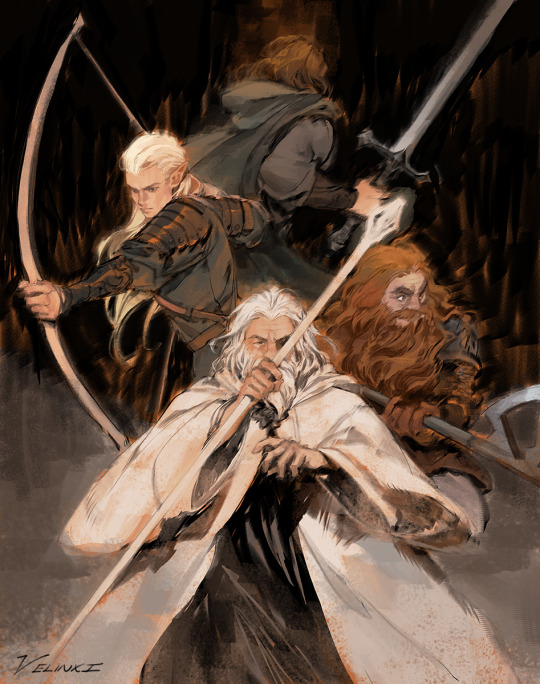

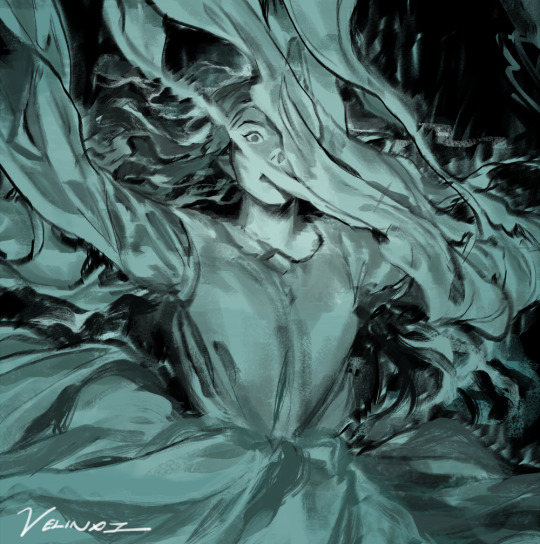
Lord of the Rings fanart! I watched for the first time recently and loved it
#vel draws#lotr#lord of the rings#yeah this was kind of random but this series brought a surprising inspo for me#have some old men and powerful women#will also have the first piece as a print for my next store update this friday!
66K notes
·
View notes
Text

trying to get through the day.
#artists on tumblr#baliwart#dungeon meshi senshi#senshi of izganda#dungeon meshi#delicious in dungeon#disco elysium kim#disco elysium#lieutenant kim kitsuragi#kim kitsuragi#emotional support fictional men
33K notes
·
View notes
Text
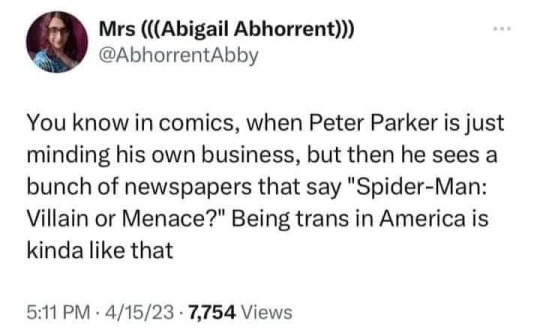
#lgbtq+#gay#lesbian#bisexual#trans#queer#trans men#trans women#non binary#pansexual#asexual#pride#pride month#transgender#transfem#nonbinary#trans joy#trans community#trans beauty
23K notes
·
View notes
Text

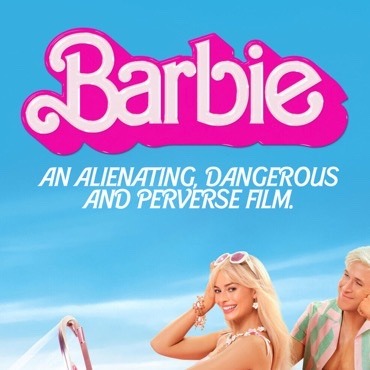

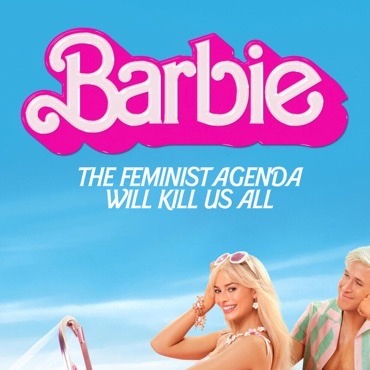

this fucks
#i wish i could turn off the replies of this post now 😭#men are so insecure#you’d think barbie herself called to kill all the kens#barbie movie#barbie#barbie review#1k#10k#20k#30k#40k#50k#60k#70k#80k
85K notes
·
View notes
Text
“lmao imagine liking men” OK!!! ON IT BOSS 🫡🫡🫡 it’s beautiful here
#i’m doing my part!#i love men. so fucking much#mlm#nblm#achillean#gay#gay pride#gay yearning#gay mlm#mlm concept#mlm thoughts#mlm yearning#mlm love#why did this get so many notes. ok!!!! hi
61K notes
·
View notes
Text
reject rizz. stare them down with big doe eyes and off-putting allure as god intended
#everyone tagging this w ur pathetic men… ur all wrong this is abt me and maybe will graham#mine#star
41K notes
·
View notes
Text

35K notes
·
View notes
Text

Over a 100???? It was just the guy in the photo a couple days ago djsjdjks
#transphobes constantly forgetting trans men exist at least will bring something fun now#a bunch of very masculine looking guys participating at this ridiculous thing
69K notes
·
View notes
Text
In the silent-film era, Hollywood's film industry grew quickly to meet audience demand, and thus it was more pragmatically welcoming to women writers, editors, directors, and producers than it would be at any other time afterward. Directors like Dorothy Arzner, Lois Weber, and Alice Guy-Blaché (the latter widely considered to be the first true "auteur" of cinema), and actor-producers like Mary Pickford (founder of United Artists studios) and Clara Bow created films that weren't the escapist fantasies Hollywood would come to prize, but human stories that included complex relationships and forward-thinking subject matter: Weber's The Hand That Rocks the Cradle, for instance, was about the need for legalized birth control. At one point, women headed up dozens of production companies. But, as film journalist and historian Melissa Silverstein notes, "As it became more about money, the women behind the scenes disappeared." The expensive technology that turned silents into "talkies" beginning in the 1920s necessitated the involvement of Wall Street, which invested in young studios and became the big bosses of directors and producers, imposing a masculinized and increasingly sex-segregated workforce as part of the burgeoning corporate studio system. Women in powerful creative and decision-making roles were suddenly seen as amateurish and unprofessional; for the male-dominated financial forces that took charge of the Hollywood economy, and with larger and larger amounts of cash at stake, they were simply too much of a risk.
Onscreen, representations of women followed a similar trajectory. In what's now known as the pre-Code era of Hollywood films, women were smart, professional, ambitious, forthright, opaque, tricky, even criminal. They blackmailed bosses, had babies out of wedlock, seduced other women—and the thrillers were even steamier. Jean Harlow's Red-Headed Woman was a brazen social climber more than willing to seduce any man to get what she wanted; Barbara Stanwyck, in Baby Face, was an exploited young woman who used sex to move from penniless to paid ("She had IT and made IT pay" leered the film's poster). And, of course, there was Mae West, the bombshell vaudevillian, playwright, producer, and model for every one of Samantha Jones's Sex and the City single-entendres, whose winking catchphrases—"Come up and see me some-time"; "When a girl goes bad, men go right after her"—have long epitomized pre-Code Hollywood's sassy repartee. It's not that the heroines essayed by these dames were like men; they weren't. They were simply as human onscreen as the men, as full of appetite and humor and stubbornness and fallibility. And that was part of the problem that the Hays Code was enacted to fix.
-Andi Zeisler, We Were Feminists Once
25 notes
·
View notes
Text
who cursed the ice
#figure skating#what's up with the falls#men menning#kazuki sunshine you're doing amazing aaa#agnes talking
4 notes
·
View notes
Text
DEVASTATING the lyric you've been mishearing is better than the real one
#i've been listening to icarus by bastille#and for some reason my brain fills in 'this is how it feels to take a fall' as 'this is how it feels to take off all your skin'#and like fuck man#and I KNOW that’s technically not a misheard lyric but my post my rules cope#anyway my line now#also probably phrased this poorly but its ok#im allowed to be incomprehensible#as a treat#and then fuckin#from we sink by of monsters and men#the original line was 'please look away dont look at me'#and i kept hearing it as 'please learn a way to look at me'#anyway#shoving this post in the queue but please be aware that i am writing it very late at night#q
73K notes
·
View notes
Text
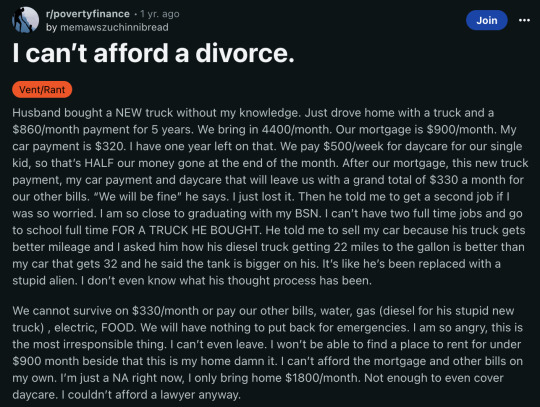
Truck comes first and if there is any money left over the kids may eat. - Modern Consumer Patriarchy
#heterorealism#gender equality#men ain't shit#divorce him#feminism#wages for housework#domestic labor#working class women#blue collar women#fuck the patriarchy
38K notes
·
View notes
Text
Source
"Isn't it exhausting being someone you're not?"
"No! Isn't it exhausting being the same?"
14K notes
·
View notes